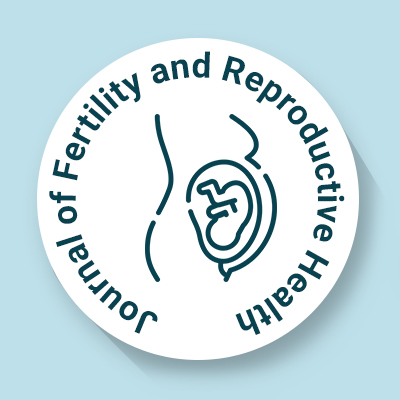
Journal of Fertility and Reproductive Health
OPEN ACCESS

OPEN ACCESS
.jpg)
Doula support has gained recognition for its positive impact on parturition gests and issues. Doulas give nonstop emotional, physical, and instructional support to women during labor, fostering a positive and empowering birth experience. substantiation suggests that the presence of a doula reduces the liability of medical interventions, similar as epidurals, cesarean sections, and necessary deliveries. By offering comfort measures like massage, breathing ways, and labor positioning, doulas help reduce pain and anxiety, promoting a smoother labor process. also, doulas serve as lawyers, icing that the mama 's birth preferences are admired, which enhances motherly satisfaction. Studies indicate that doula support is associated with bettered motherly and infant health issues, similar as lower rates of postpartum depression and advanced Apgar scores for babe. Despite these benefits, challenges like cost, availability, and variability in doula training may limit wide use. Continued exploration is demanded to explore the full compass of doula support’s impact, especially across different populations and healthcare settings.